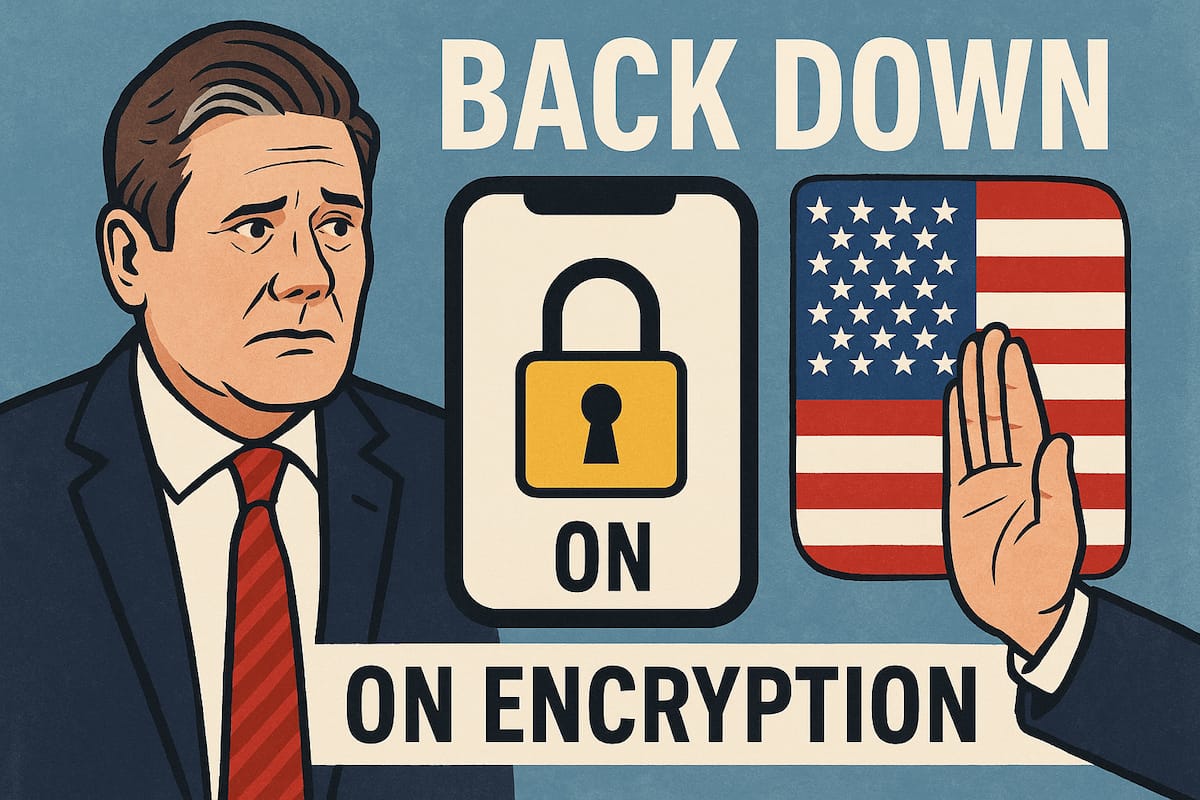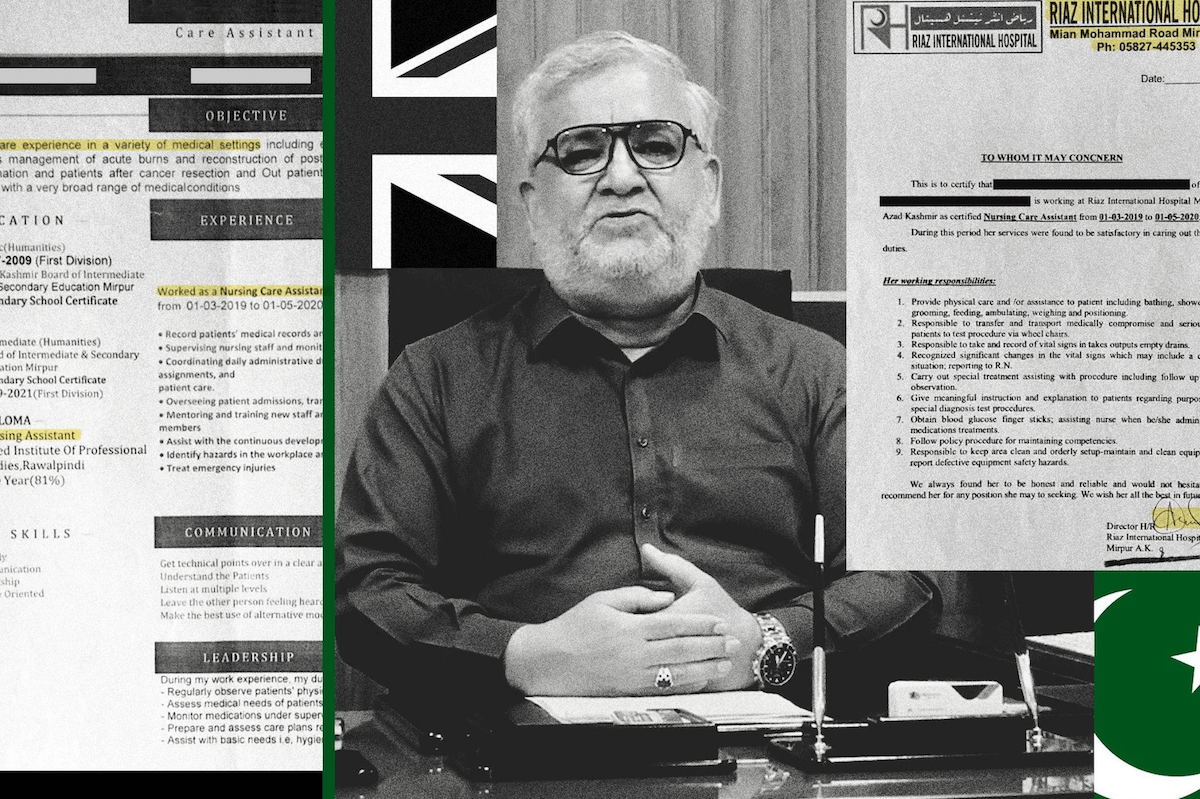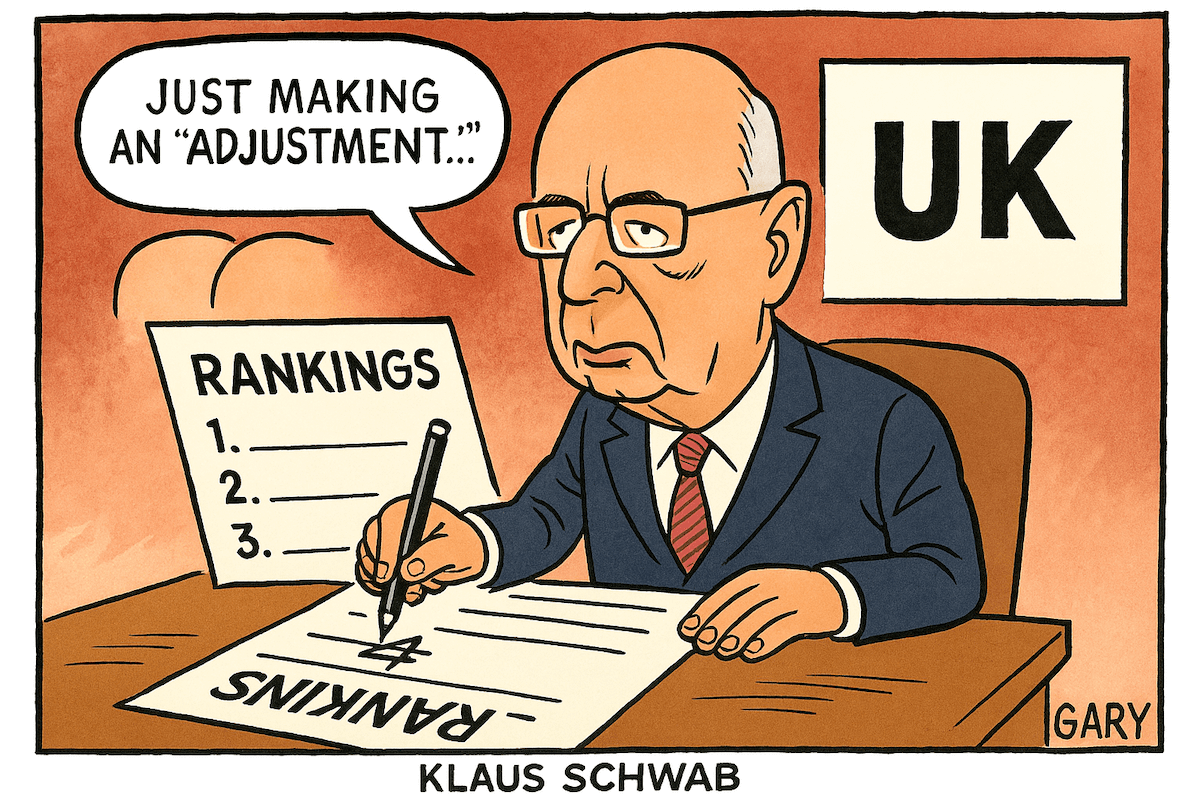The Afghan scandal that broke the regime
Plus Farage goes hard on crime & the new British political tribes

Editor’s note
Consent is being quietly evacuated from British public life. Not debated, not contested—just removed. The Afghan scandal exposed a regime willing to suppress the truth with injunctions, fund secrecy with billions, and outsource accountability to silence. Meanwhile, Farage fills the vacuum with visceral clarity rather than policy nuance. His law-and-order blitz, however crude, reflects a deeper truth: people want sovereignty, not spin.
Britain’s political class thinks it’s managing a democracy. In reality, it's managing disbelief. The centre isn’t holding because it no longer says anything worth defending. Contra Brief exists to chart this realignment, name its causes, and make the case for something more rooted, more real and more British.
Comment
Farage goes full lockdown on crime
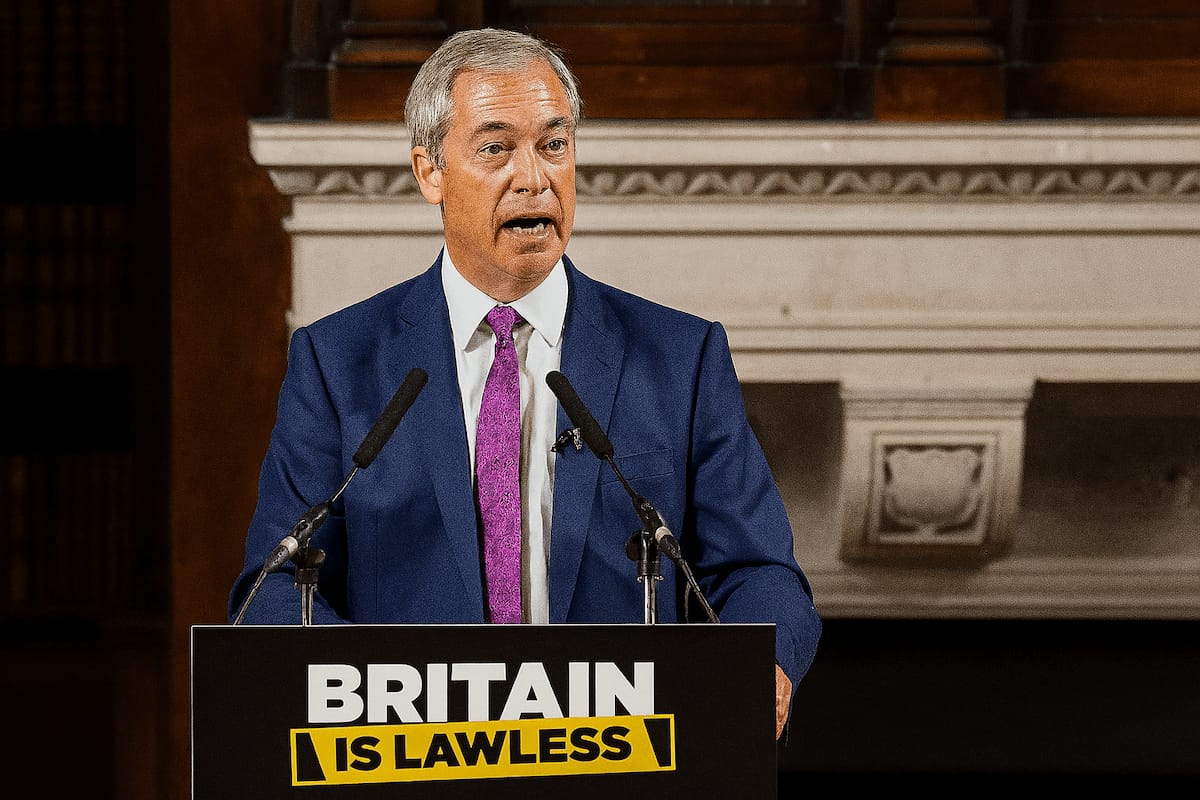
Nigel Farage is “taking back control” again and this time it’s of your local police station. As Anna Gross reports in the FT, the Reform UK leader is launching a six-week “blitz on crime” complete with 30,000 new officers, overseas prisons for foreign criminals, and a pledge to end early release for sex offenders. “Reform UK will be the toughest party on law and order this country has ever seen,” he promises. And for once, no one’s laughing.
With public confidence in the police cratering—38% trust today vs 50% in 2020—Farage has clocked what his rivals can’t: crime is no longer just a background issue, it’s a visceral, visual grievance. That’s why he’s pairing policies with a “string of videos of crime” on social media. Not think tank white papers—raw footage.
The imagery matters. The riots that followed the Southport murders exposed what one insider called Britain’s “two-tier policing”. That phrase has stuck. And Farage is now betting that scenes of lawlessness in “deprived towns and cities” will do more to shift votes than Starmer’s recycled talking points.
Labour aides want to “lean further right”. But they don’t get it: Farage isn’t triangulating, he’s detonating. While they fine-tune tone, he’s building Nightingale jails on army land.
They called him a clown. Now he’s the ringmaster.
The Polemic
The Afghan scandal that broke the regime
By Philip Cunliffe, via unherd.com
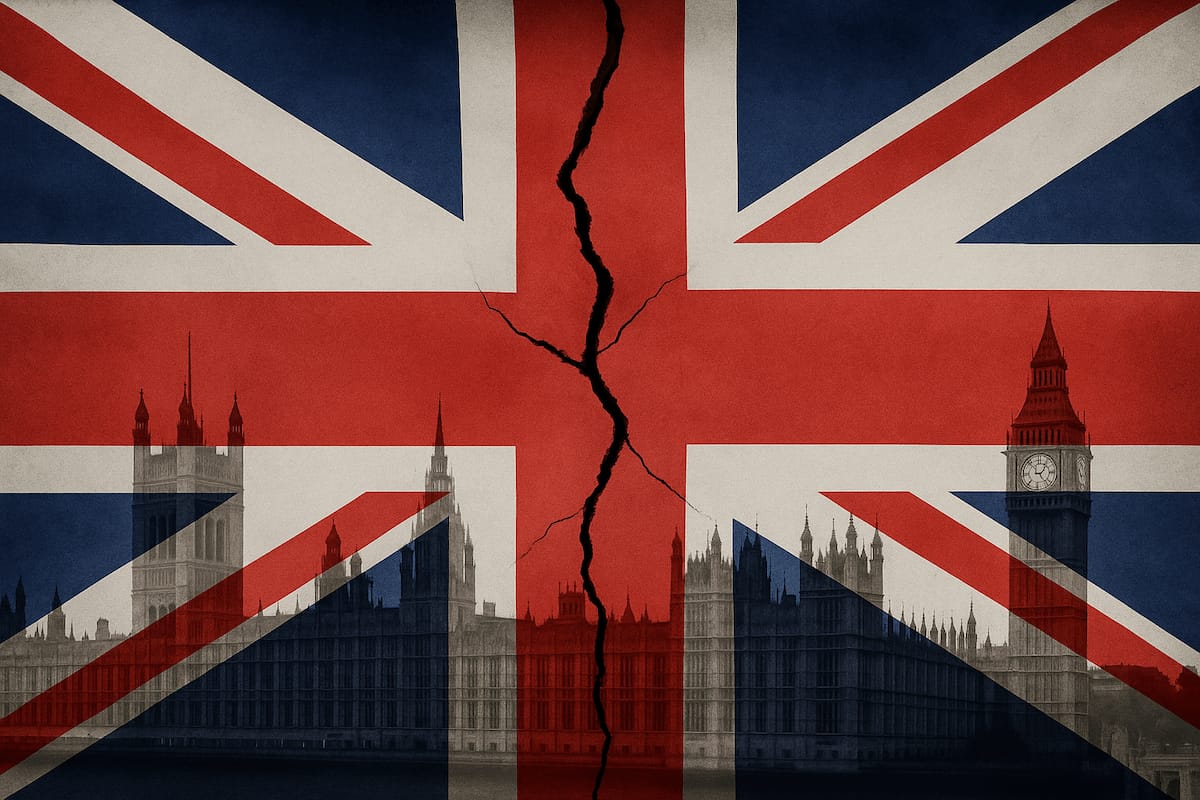
Philip Cunliffe in UnHerd calls the Afghan Response Route (ARR) cover-up what it is: a political rupture that could mark “the moment that the UK’s ancien régime started to crumble.”
Here’s what happened: after a civil servant’s blunder leaked the personal data of thousands of Afghans linked to NATO, the British state didn’t come clean — it launched “Operation Rubific”, a clandestine resettlement scheme so sweeping it required a “limitless superinjunction” to suppress all mention of it. The price tag? Potentially billions. The accountability? Zero.
Cunliffe’s core charge isn’t administrative incompetence — it’s regime betrayal. A government that mobilises “extensive state capacity” not to fix Britain’s broken housing, border, or welfare systems, but to secretly import a population the size of a small city. A Parliament that won’t even use its ancient privileges to ask why. A political class that, when faced with a matter of “vital national interest”, said nothing because they no longer serve a nation.
This wasn’t a policy failure. It was a mask slip. The British state now operates on post-democratic autopilot, beholden to global commitments and NATO ghosts, not its own people. “Instead of having political representatives who imprint the will and interests of voters,” Cunliffe writes, “we have politicians who collaborate with the civil service against the interests of the public.”
ARR didn’t just evacuate Afghans. It evacuated consent. And once that goes, the centre cannot hold even under a superinjunction.
Flashpoints
UK government seeks way out of clash with US over Apple encryptionThe UK government is preparing to back down from its demand that Apple weaken encryption on its secure cloud storage, following intense pressure from the Trump administration and warnings that the move could jeopardise US-UK tech and data partnerships. | Exposed: Pakistani migrants using £50k fake visa documents to scam way into BritainPakistani migrants are exploiting Britain’s lax visa system by purchasing fake documents from consultants who openly advertises loopholes online enabling them to enter the UK legally, often under false pretences, and remain indefinitely by converting work or student visas into asylum claims. |
World Economic Forum ‘rigged data’ to make Brexit look like failureKlaus Schwab allegedly ordered the WEF to falsify UK competitiveness rankings to undermine Brexit, with an internal probe revealing broader accusations of data manipulation, favouritism, and misconduct that critics say expose the WEF’s anti-democratic bias and globalist agenda. | Britain’s war on speech comes for the pubThe UK’s proposed “Banter Bill” would make employers legally liable if staff take offence at comments overheard from customers, threatening free speech in pubs, clubs and other public spaces. |
Comment
The new British political tribes

The new tribes of British political life, mapped by More in Common, suggest a nation exhausted, alienated and unsure whether to fix the system or burn it down.
More in Common’s Shattered Britain report is the latest attempt to redraw the political map, segmenting voters not by party affiliation but by worldview. Speaking on The Bunker podcast, Executive Director Luke Tryl outlines seven distinct “tribes” now shaping Britain’s public life: from the liberal idealists of the “Progressive Activists” to the angry outsiders of the “Dissenting Disruptors.” The result is a picture of a fragmented and fatigued country, disillusioned with its institutions and unsure whether the system is salvageable.
Tryl’s taxonomy is valuable up to a point. It captures a mood of national malaise that transcends traditional left-right divides: trust in politicians is threadbare, daily life is a grind, and political engagement is increasingly shaped by isolation and distrust. The social fallout of the pandemic looms large, not only in health and economics but in culture: as face-to-face interaction declined, conspiracy theories found new converts. Even banal changes—like eating lunch alone in a van rather than in the break room—become symptoms of a wider atomisation.
The political consequence is clear: the centre is shrinking. The most electorally volatile blocs, the “Rooted Patriots” and “Dissenting Disruptors”, are increasingly drawn to alternatives like Reform UK. On the left, disillusionment risks channelling into eco-populist movements or socialist splinter parties. Meanwhile, the institutionalists (whether of the Blairite or Cameronite mould) appear politically stranded, lacking both moral authority and cultural energy.
Tryl warns of a rising desire for radical rupture. Nearly 40 percent of respondents believe Britain’s institutions aren’t worth fixing and instead want them dismantled. Whether they vote is another matter. Many of these voters backed Brexit, flirted with Johnson, and now fuel Reform’s rise. The report urges caution: this group is not monolithic. Some are simply disenchanted; others reject democratic norms altogether.
Worth watching
Historian David Starkey and MP Rupert Lowe discuss the British government's cover-up of the mass importation of Afghans into the UK—a scandal that, they argue, reflects a deeper culture of secrecy and administrative obstruction within the state. Lowe recounts his first year in Parliament, marked by withheld information, blocked questions, and bureaucratic resistance to reform. The conversation also introduces Restore Britain, Lowe’s new political initiative, and explores broader concerns about national decline, institutional failure, and the future of the British economy and society.
Quote of the week
Oh there’s lots of housing in many local authorities that can be used.
Until next time,

